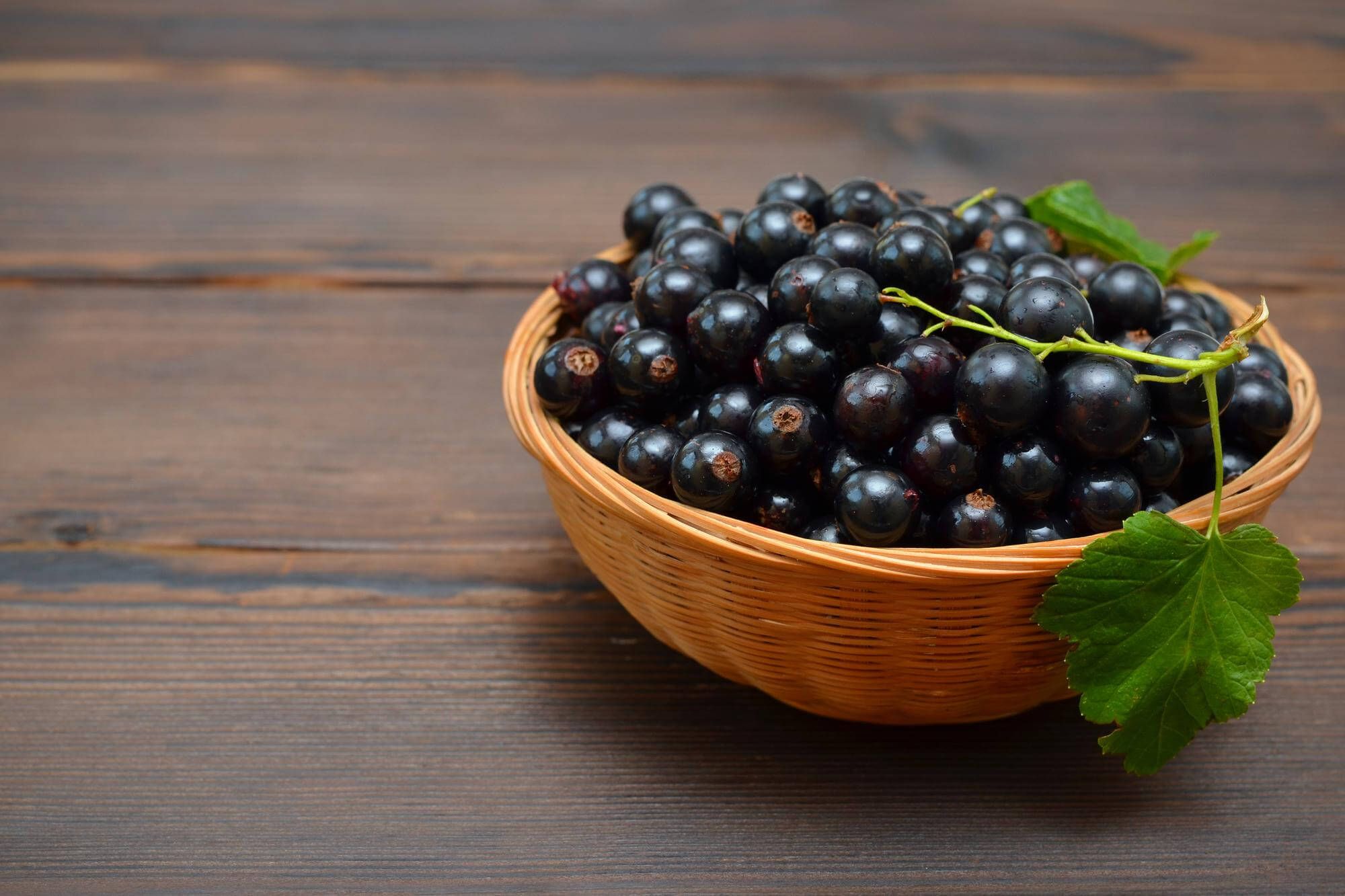Currant allergy: causes, treatment and prevention


Viktor Levchenko
Currant allergy is a reaction of the immune system to the proteins in the fruit. Different varieties of currants can cause allergic reactions, including black currant allergy and red currant allergy.
Currant allergy causes
Currant allergies are mainly caused by the immune system being hypersensitive to certain proteins found in the fruit. Allergies can also occur due to cross-reactions with other foods containing similar allergens, such as kiwi allergies or berry allergies.
What are the symptoms of currant allergy?

Symptoms of currant allergy may include:
- Skin manifestations: hives, itching, swelling;
- Respiratory symptoms: runny nose, stuffy nose, sneezing, coughing, difficulty breathing;
- Digestive symptoms: nausea, vomiting, diarrhea, abdominal pain;
- Anaphylactic shock: rare, but may develop with a severe allergic reaction.
Diagnosis of currant allergy
To diagnose currant allergy, an allergist may perform the following tests:
- Anamnesis: collecting information about symptoms and contributing factors;
- Skin tests: application of currant extract to the skin and evaluation of the reaction;
- Blood tests: determination of specific class E immunoglobulin (IgE) levels to currant allergens.
Currant allergy treatment

Treatment of currant allergy includes the following measures:
- Avoiding contact with the allergen: complete elimination of currants from the diet;
- Pharmacotherapy: use of medications to control symptoms;
- Immunotherapy: a method in which small doses of the allergen are administered to reduce the body's sensitivity.
What medications help with currant allergy?
The following medications can be used to relieve the symptoms of currant allergy:
Antihistamines: cetirizine, loratadine, fexofenadine;
Hormonal ointments and creams: hydrocortisone, betamethasone;
Vasoconstrictor drops and nasal sprays: xylometazoline, oxymetazoline;
Anti-asthmatic drugs: salbutamol, beclomethasone.
Currant allergy in children: how to treat?

Treatment of currant allergy in children is similar to the treatment in adults, but the doctor can choose special pediatric forms of drugs with a smaller dosage and safe compositions.
Currant allergy prevention
The following recommendations can be followed to prevent currant allergies:
- Moderate consumption of currants, especially in people with atopic dermatitis or other allergic conditions;
- Introduction of currants to the child's diet gradually, starting with small doses;
- Compliance with a hypoallergenic diet in the presence of other allergies.
What products should be excluded from the diet in currant allergy?
Currant allergy should be excluded from the diet, not only currants themselves, but also products containing them, such as jams, compotes, juices, ice cream and currant-based desserts. You should also be alert to cross-allergies and avoid foods that contain similar allergens, such as kiwis, berries, and some fruits.
Currant allergies, including blackcurrant and redcurrant allergies, can cause a variety of symptoms, from skin manifestations to serious anaphylactic reactions. Proper diagnosis and treatment by an experienced allergist can help manage this condition and alleviate the patient's condition. The prevention of currant allergy consists of moderate consumption of this product and compliance with a hypoallergenic diet.
New materials
Popular Articles
We recommend reading
Contact us in the Contact Us section to ask questions, offer ideas, or for more information about our allergy resource.
Our articles are your trusted source of allergy knowledge. Learn how to make life with allergic reactions easier on our specialized portal.
©
Lechenie-Allergii.com. All rights reserved.
© Lechenie-Allergii.com. All rights reserved.
The information on this site is for informational purposes only and is not a substitute for professional medical advice. We recommend consulting with qualified medical professionals for accurate information and advice.
 English
English  Українська
Українська  Русский
Русский 









